The Slow Blink Ownership Test

When your cat stares at you and slowly closes their eyes, they’re not just being sleepy. This is the feline equivalent of a trust signal, almost like they’re saying “I own this human, and I’m comfortable enough to let my guard down.” It’s their way of marking you as part of their territory. The slow blink is actually a compliment in cat language, but it also means they’ve mentally filed you under “my property.” If you slow blink back, you’re basically signing the ownership papers. Many cat owners don’t realize they’re participating in this daily ritual of possession.
The Strategic Doorway Blocking
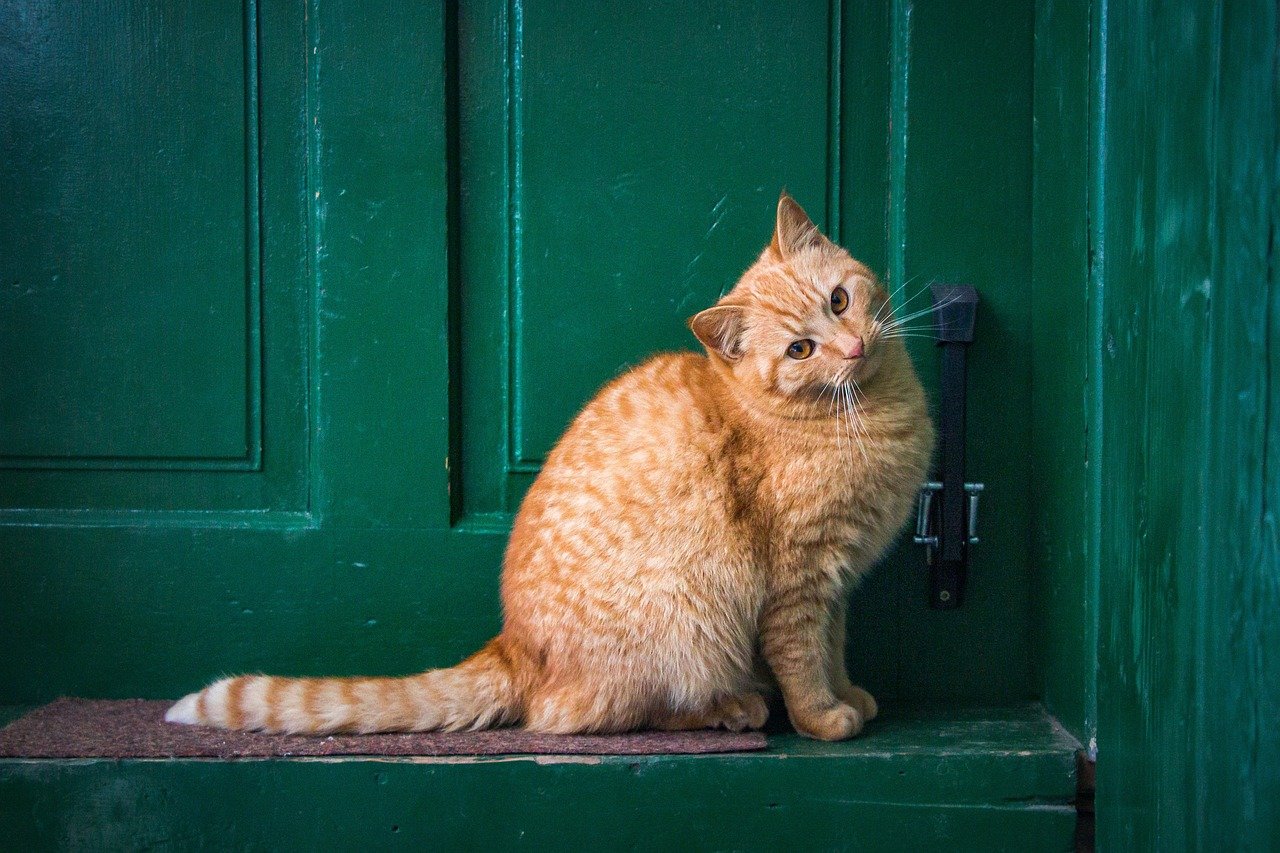
Ever notice how your cat always seems to be exactly where you need to walk? That’s not coincidence, that’s control. Cats position themselves in doorways, hallways, and stairs not because they’re lazy, but because they’re managing your movement through their domain. They’re essentially acting as the gatekeeper of their own castle, and you’re the visitor who needs permission to pass. This behavior shows they see themselves as the authority figure who decides when and where you can go. It’s like having a furry bouncer who thinks they run the place.
The Food Bowl Supervision

Your cat doesn’t just eat their food – they perform a whole inspection ritual around it. They sniff, circle, and sometimes even call for you to watch them eat. This isn’t just about being picky; it’s about making sure their human servant has provided acceptable cuisine. Cats who think they own you will often refuse to eat unless you’re present, like a little king requiring their food taster. They might even lead you to the bowl, as if to say “come see what you’ve prepared for me.” The empty bowl demands are just the beginning of their royal expectations.
The Lap Claiming Ceremony
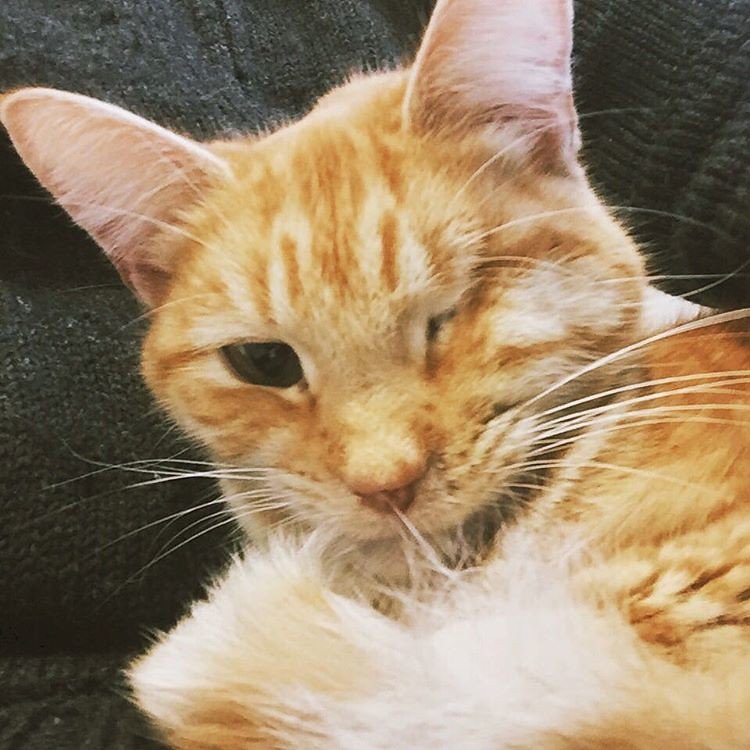
When your cat jumps on your lap, they’re not asking for permission – they’re claiming territory. The kneading, purring, and settling in is their way of marking you as their personal furniture. They’ll often do this right when you’re trying to do something else, because timing is everything in the ownership game. It’s like they have a sixth sense for when you’re about to be productive. The fact that they make themselves comfortable despite your schedule shows who’s really calling the shots.
The 3 AM Zoomies Schedule

Cats who think they own you will run around the house at ungodly hours, and they expect you to be aware of their activities. These midnight marathons aren’t random – they’re your cat’s way of patrolling their territory and reminding you that they set the household schedule. The crashing sounds and racing footsteps are like their version of a night shift supervisor making rounds. They’re checking every corner of their domain while you’re trying to sleep. If you get up to investigate, you’re basically acknowledging their authority over the house’s nighttime operations.
The Bathroom Escort Service
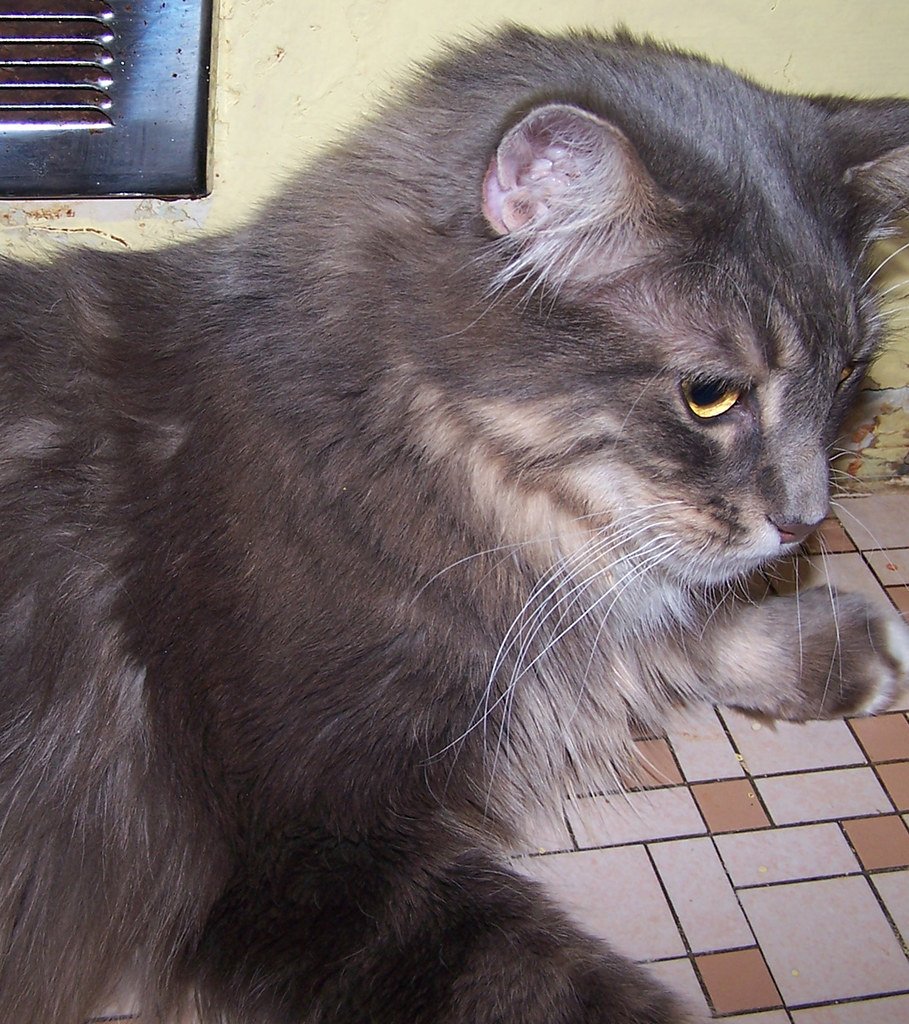
Nothing says “I own you” quite like a cat who insists on accompanying you to the bathroom. They’ll sit and stare at you, sometimes even reaching out to touch your leg, as if to make sure you’re not going anywhere without their permission. This behavior stems from their belief that you need supervision during vulnerable moments. It’s their way of saying “I’m responsible for your safety, and you clearly can’t handle basic bodily functions without my oversight.” The bathroom visit becomes a bonding ritual where they reinforce their role as your guardian and owner.
The Gift Presentation Ritual

When your cat brings you dead mice, birds, or even their favorite toys, they’re not just sharing – they’re providing for their dependent human. This is classic owner behavior, where they feel responsible for your wellbeing and survival. The proud presentation of these “gifts” is their way of saying “look what I caught for you, since you’re clearly incapable of hunting for yourself.” They often expect praise and recognition for their hunting prowess. It’s like having a provider who thinks you’d starve without their contributions to the household.
The Selective Hearing Phenomenon
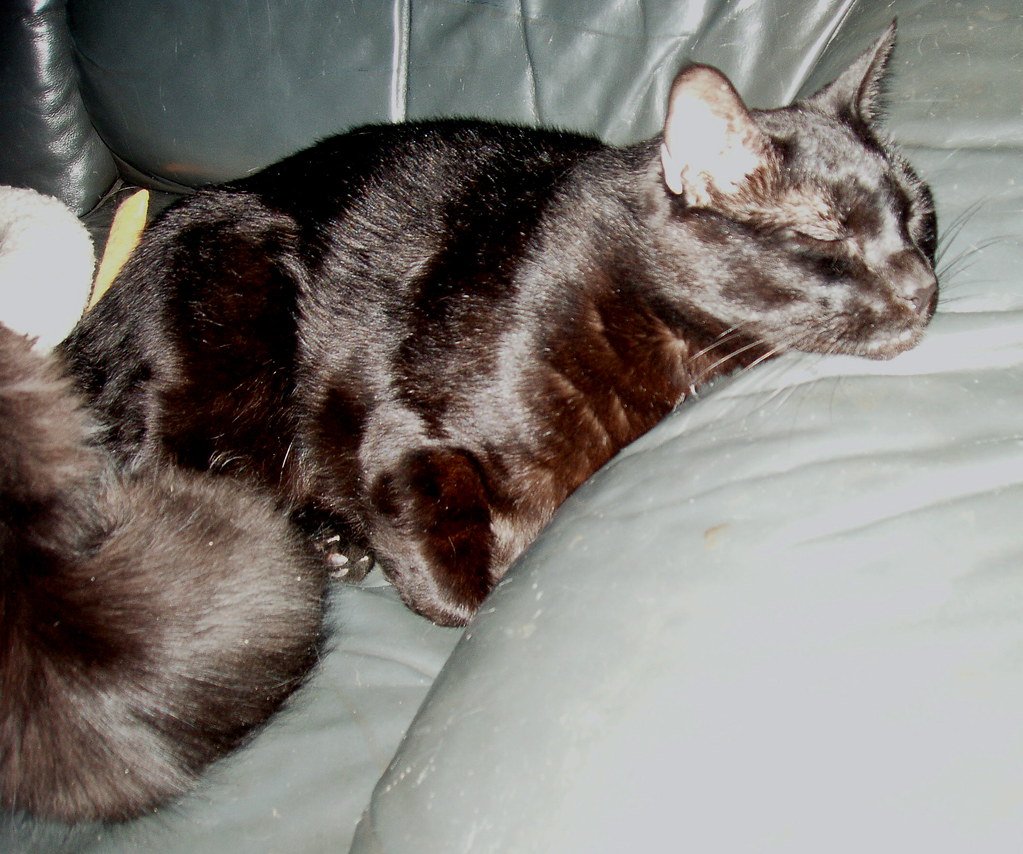
Cats who own you will respond to your calls only when it suits their purposes. They can hear a treat bag from three rooms away, but suddenly become deaf when you call their name. This selective hearing is a power move that shows they’re in control of the interaction. They’re essentially saying “I’ll come when I want to, not when you want me to.” The fact that they can ignore you while still keeping track of your every move proves they’re the ones setting the terms of your relationship.
The Furniture Arrangement Approval
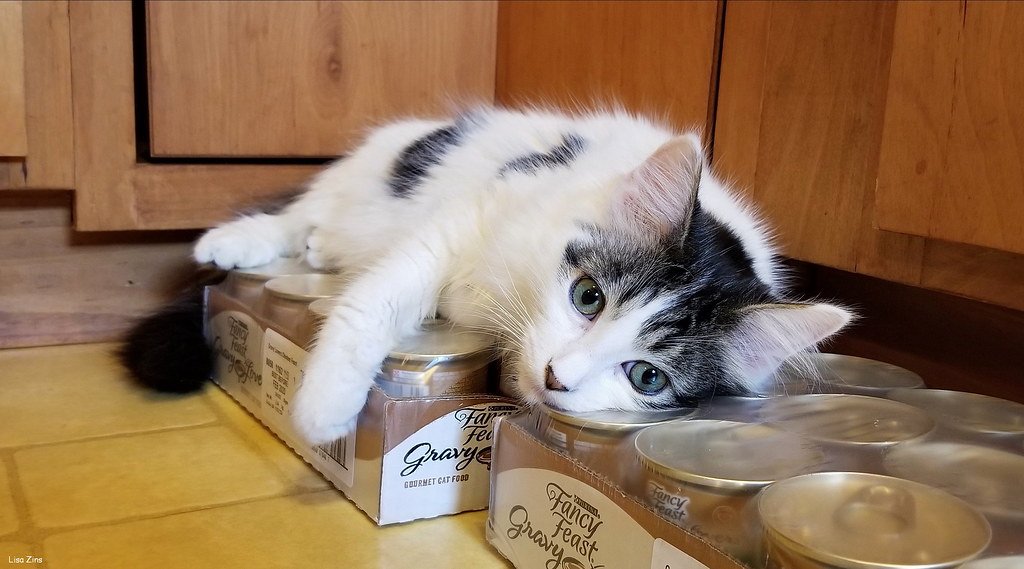
Try moving a piece of furniture and watch your cat’s reaction. Cats who think they own you will inspect any changes to their territory with the authority of a landlord checking on their property. They’ll sniff, investigate, and sometimes even protest the changes by knocking things over or refusing to use the area. This behavior shows they consider themselves the interior designer of the household. They have opinions about your decorating choices and aren’t afraid to express them. Your home modifications require their approval before they can be considered permanent.
The Keyboard Contribution Strategy
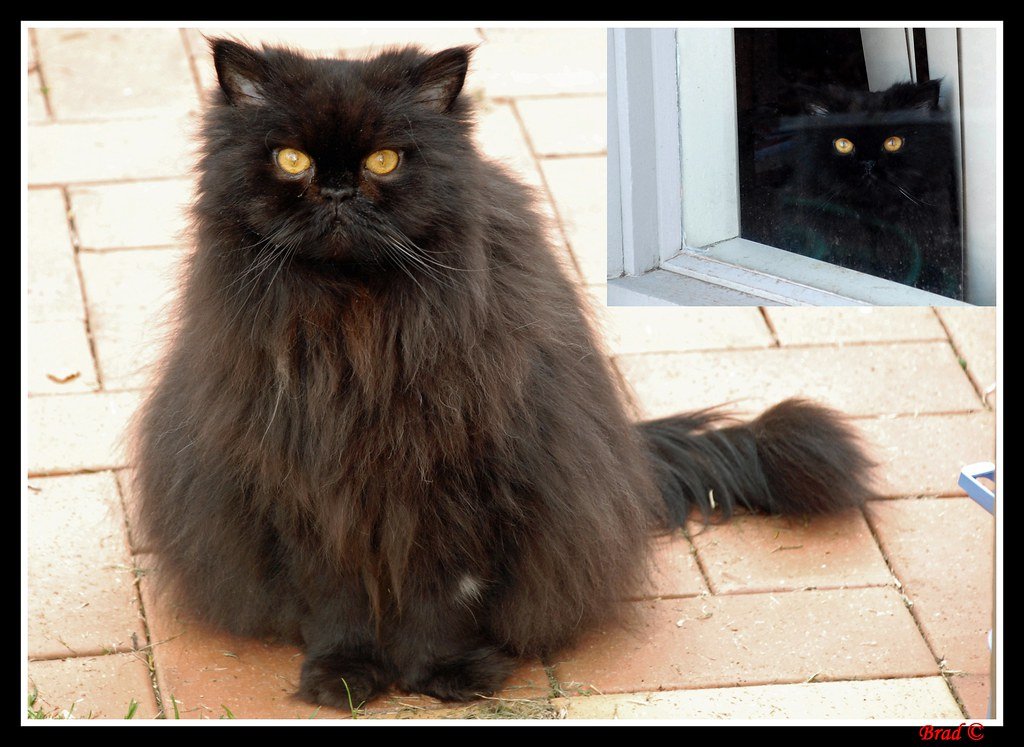
When your cat walks across your keyboard or sits on your laptop, they’re not just seeking attention – they’re participating in your work as a supervisor. They seem to know exactly when you’re in the middle of something important, and that’s precisely when they decide to “help.” This behavior demonstrates their belief that all your activities should involve them in some capacity. They’re essentially saying “anything you do in my house requires my input.” The random letters and symbols they add to your documents are their way of co-signing your work.
The Temperature Control Demands
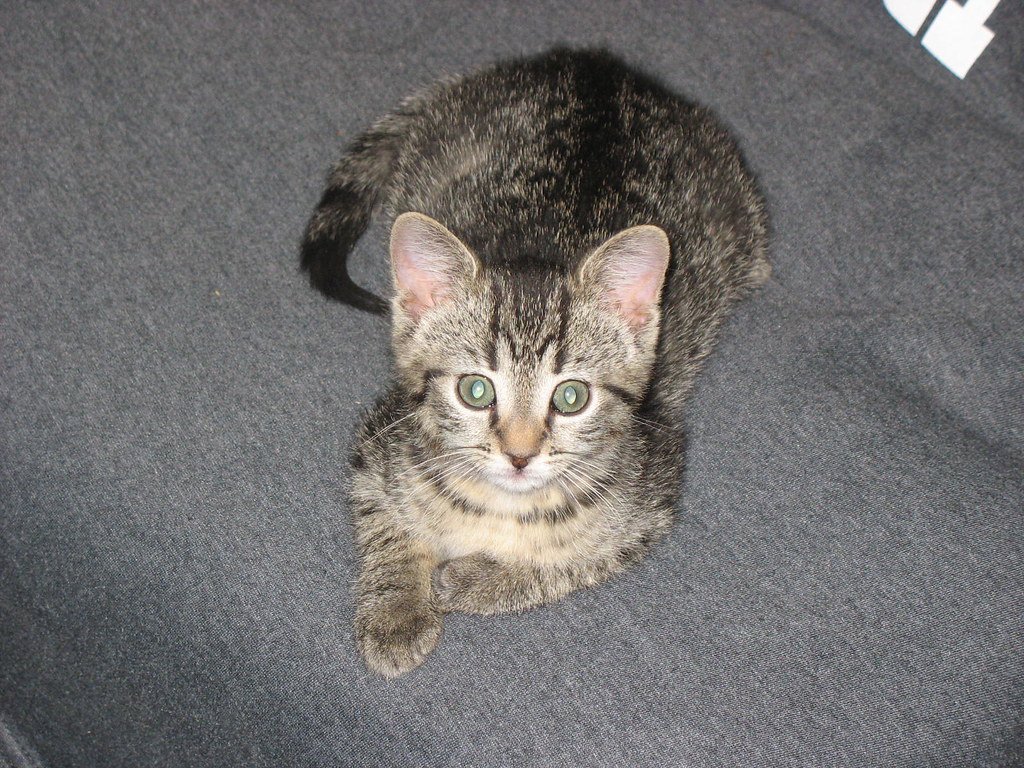
Cats who own you will seek out the warmest spots in the house and expect you to accommodate their temperature preferences. They’ll claim the sunny windowsill, the heat vent, or even your side of the bed if it’s warmer. This isn’t just about comfort – it’s about establishing that the best spots in the house belong to them. They expect you to adjust your heating and cooling based on their needs, not yours. The way they sprawl out in prime real estate shows they consider themselves the primary resident who deserves the choicest locations.
The Bedtime Routine Enforcement
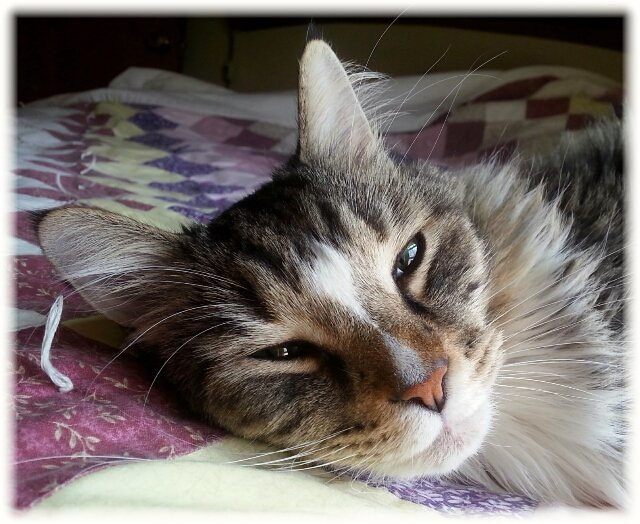
Your cat has probably established a bedtime routine that involves you, whether you agreed to it or not. They might follow you around the house as you turn off lights, check doors, and get ready for bed. This escort service isn’t just about companionship – it’s about making sure you’re properly securing their territory for the night. They’re essentially conducting a security check with you as their assistant. The fact that they expect you to follow the same routine every night shows they’ve appointed themselves as the household’s operations manager.
The Alarm Clock Replacement Service
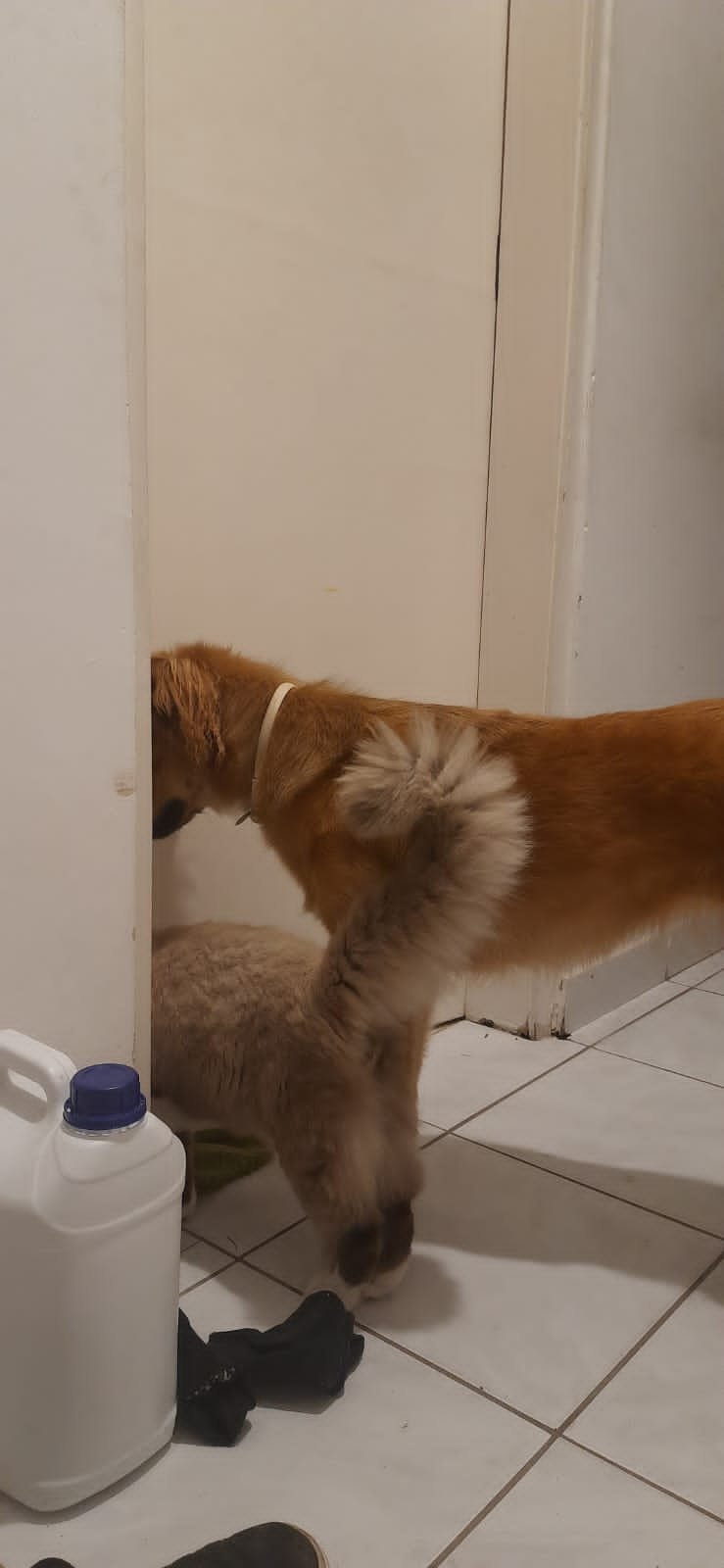
Cats who think they own you will wake you up at their preferred time, regardless of your schedule. They’ll use various methods like walking on your face, knocking things off your nightstand, or simply staring at you until you wake up. This behavior shows they believe they’re responsible for managing your daily schedule. They’re not just hungry – they’re ensuring you start your day at the appropriate time to serve their needs. The persistence of their wake-up calls demonstrates their authority over your sleep schedule.
The Visitor Screening Process
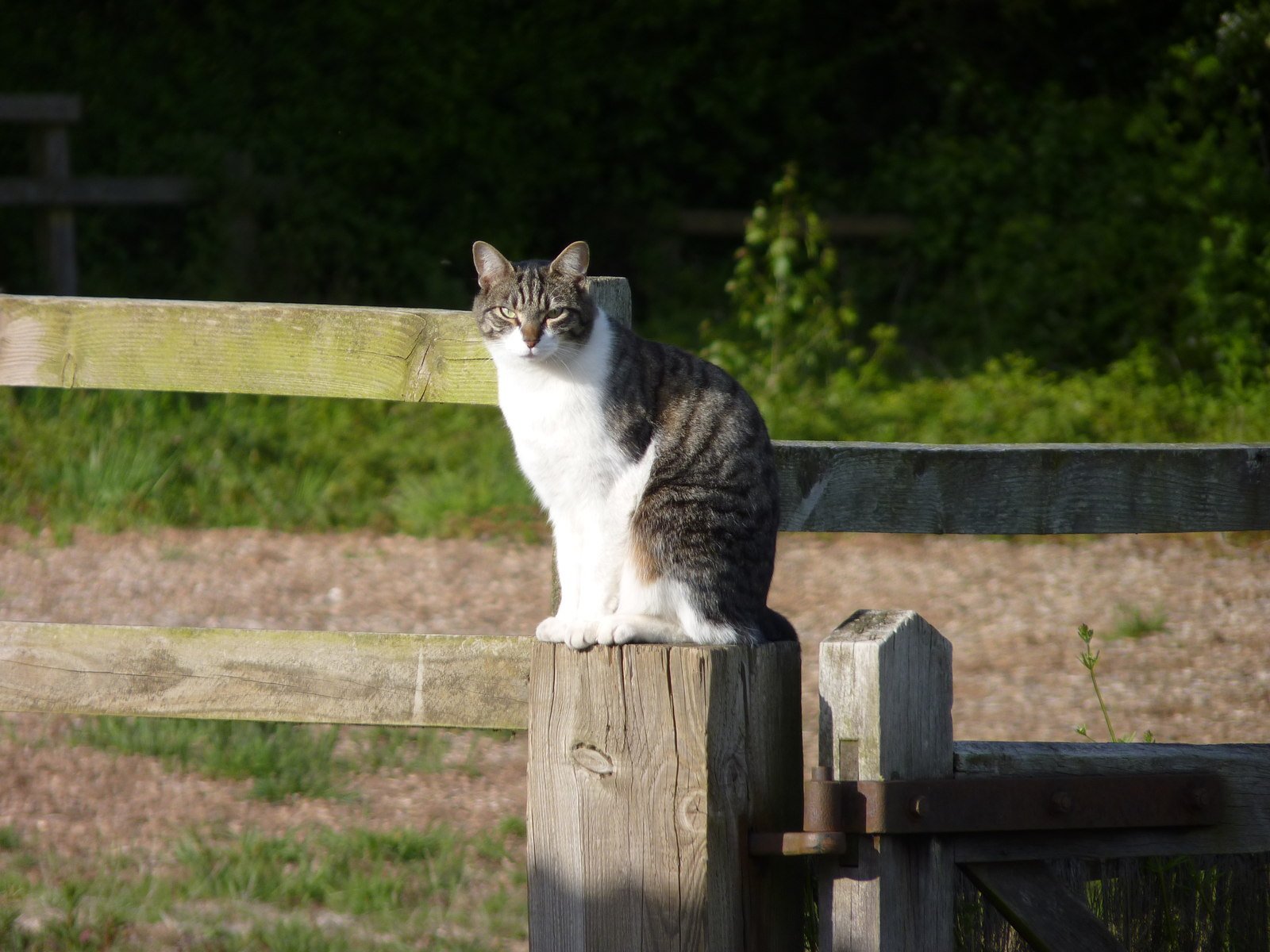
When people come to your house, your cat will often conduct their own assessment of these visitors. They might hide and observe, or boldly approach to sniff and investigate. This screening process is their way of deciding whether these people are allowed in their territory. Some cats will even act territorial or possessive around visitors, showing they consider you their property that needs protecting. They’re essentially acting as the head of household security, determining who gets access to their domain and their human.
The Petting Permission Protocol
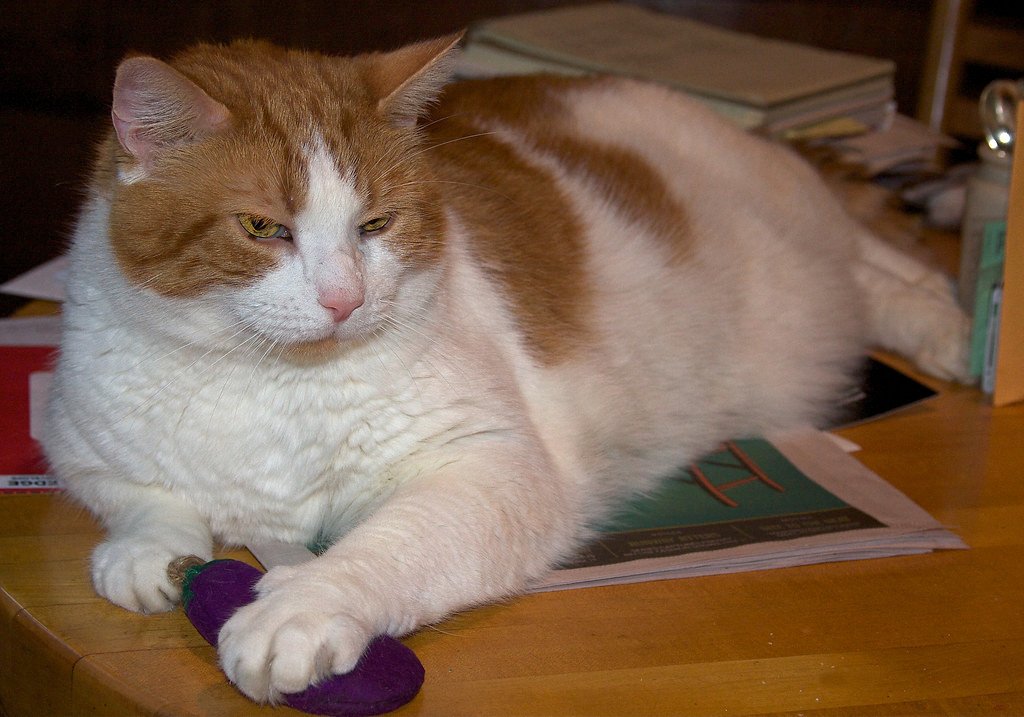
Cats who own you will often initiate physical contact on their terms, not yours. They’ll rub against your legs when they want attention, but walk away when you try to pet them at the wrong moment. This selective affection is their way of controlling the relationship dynamics. They’re teaching you that physical contact happens when they decide it should happen. The head bumps and cheek rubs are their way of marking you as their property while also showing affection. It’s like they’re saying “you belong to me, and I’ll show you love when I feel like it.”
Face it – if you’ve recognized your cat in most of these behaviors, you’re not the owner anymore. You’re the owned, and honestly, most of us wouldn’t have it any other way. Have you started to question who’s really in charge in your house?
Hi, I’m Bola, a passionate writer and creative strategist with a knack for crafting compelling content that educates, inspires, and connects. Over the years, I’ve honed my skills across various writing fields, including content creation, copywriting, online course development, and video scriptwriting.
When I’m not at my desk, you’ll find me exploring new ideas, reading books, or brainstorming creative ways to solve challenges. I believe that words have the power to transform, and I’m here to help you leverage that power for success.
Thanks for stopping by, Keep coming to this website to checkout new articles form me. You’d always love it!






